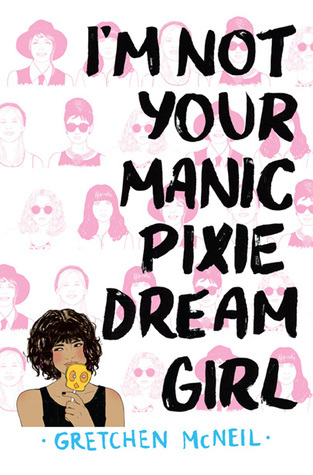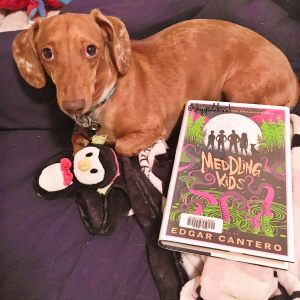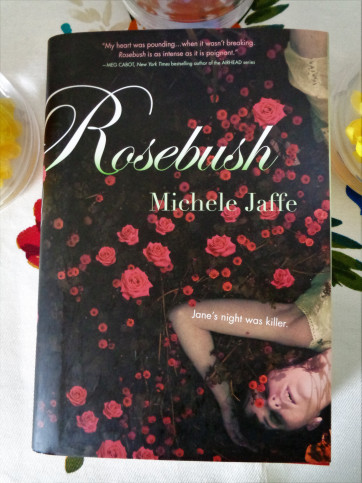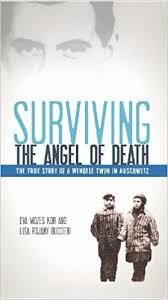
(Shit. I’d a whole spiel in my head about this being the tricky second novel, after the great debut novel and international success of The Cutting Room. But when I checked publication date, it was Louise Welsh’s fifth novel. Not her second. Anyway, I was going to fling in Swing Hammer Swing, Jeff Torrington’s debut novel and his follow up novel The Devil’s Carousel. I raved about the first and emm, didn’t rave about the second. I’d segue away to Harper Lee’s classic To Kill a Mockingbird and fifty years later, the unfortunate book that buried her, Go Set a Watchman. If Harper Lee had written the first we’d probably not of heard of her and would not associate Gregory Peck as being a real-life Atticus Finch and his career would have nose-dived too. I’m lucky because I’ve not got a career to worry about. Nobody much has read my first novel Lily Poole. Although Scottish Book Trust are currently searching for a novelist daft enough to mentor my second novel, it’s a fair bet that it won’t get published and if it does nobody will read it either. But I’m in good company. I’m a reader more than a writer. There’s consolation that Christopher Isherwood’s The Berlin Stories (Mr Norris Changes Trains and Goodbye to Berlin) with a dedication to his lover W.H. Auden and a protagonist William Bradshaw who is fleeing Oxbridge and England to the Weimar Republic and Berlin because he had only sold twelve of his published poems. Snap.)
William Bradshaw finds playing the relationship game with Mr Norris very boring. It’s a mark of how you are related to whom and where are you in the social standing pecking order. In twenty-first century The Girl on the Stairs with the backdrop of a unified Germany and Berlin as the new star we find old hates and Venn Diagrams.
There were many different worlds, Jane thought, but they didn’t exist in different planes: one slotted on top of the other, as Alban Mann implied. They overlapped, like Venn diagrams, and you could be at the intersection of several realities without even knowing it.
Jane the peely-wally narrator is from Glasgow, and she’s an outsider in many ways. She’s pregnant. Her lover and wife Petra, is another woman. Jane has moved to Berlin to live with her, but is largely languageless, dependent on the kindness of strangers to speak to her in English. Jane is dependent on Petra for money. And although Petra and Jane stay in a reconverted and modern apartment complex, they live next to a graveyard and Gothic chapel, the haunt of prostitutes and corvines that call to her. It’s haunted house territory and Jane is made to feel like the madwomen in the attic when she accuses Dr Alban Mann of beating and raping his thirteen-year-old daughter, Anna.
Jane remembers a fairy tale about a mother who has gone to lift her baby from its cradle and found it transformed into a wrinkled old man. In the story the mother has let the old man drink from her breasts, until he has drained her dry.
Here we are in the Emperor has no Clothes territory and Dr Mann has to convince others that he not naked, and certainly his daughter is not naked. Anna of the red lipstick and Little Red-Riding Hood red coat and red herring territory.
I liked this book and ripped through it. It’s perhaps not as good as Rilke –and the space between silences- but there’s no shame in that. There was a line that caught me and it’s nothing to do with the Scottish or German language.
Far away in Vienna someone said something in German and Petra laughed. ‘Sorry,’ the laugh was still in her voice.
That’s a great line, but, minor quibble, repetitive. The laugh was still in her voice is attributed to several characters. It reminds me of when I was trying to describe something and had all my characters leaning back in their chair so I could describe the room. See, even great Scottish novelist, Louise Welsh makes mistakes. We’re all human. I’d say that’s a theme. But when we start talking about themes we lose the plot.
The Girl on the Stairs. Well worth a read. And now on to Louise Welsh’s second novel. I’ll just need to work out which one that is.
Advertisements Share this:




